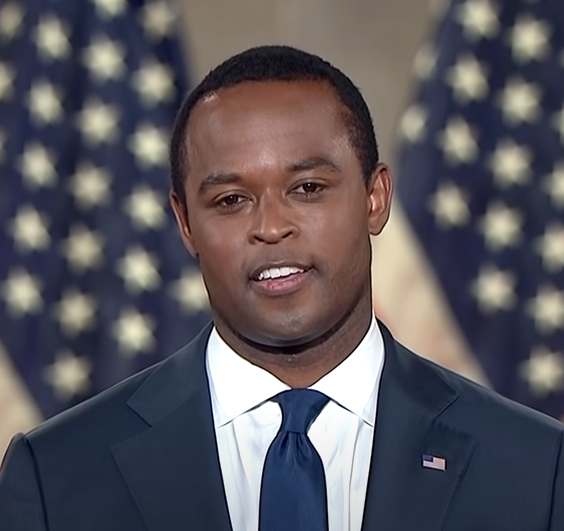Kentucky Supreme Court rules against school choice tax credit program

The Kentucky Supreme Court dealt a blow to the school choice movement in the Commonwealth by ruling against the state’s Education Opportunity Account Program that would provide dollar-for-dollar tax credits to private school tuition. Before the ruling, the program was halted by the courts for over a year.
The court ruled by unanimous decision, with all seven justices in agreement that the Kentucky constitution prohibited Kentucky from raising funds for private schools. Part of the opinion read that the program “puts the Commonwealth in the business of raising ‘sums … for education other than in common (public) schools.’”
The justices recommended that the program should be a ballot measure and not left up to the courts.
The Courier-Journal reported that the program would have granted tax write-offs for donors, whether it would be individuals or corporations, to private schools. One estimate claimed that the program’s cost could be upwards of $25 million in its first year of operation and donors could write off their state income taxes up to $1 million.
Supporters of the law, known as House Bill 563, said that it provided more educational opportunities for families which could not afford a private education and allow well-meaning donors to provide the funding for better education.
Kentucky Attorney General Daniel Cameron posted on social media about his disappointment after the ruling, “We’re saddened that parents across the Commonwealth won’t be able to use the needs-based funding provided by Kentucky’s Education Opportunity Account Program to expand learning opportunities for their children.”
As background, House Bill 563 was passed by a Republican-majority legislature in 2021 and created a tax credit program to raise money for children to attend private schools. The state set aside $125 million for the program, but even that move was criticized by the law’s opponents.
Democratic Gov. Andy Beshear said, that after the ruling, “this issue ought to be done.”
Predictably, public schools and teachers’ unions opposed the “education opportunity” account program because they believed it was a way to use public funds to fund private education and circumvent funding public schools.
Kentucky Education Association (KEA) President Eddie Campbell called the ruling “a victory for Kentucky’s public schools and public school students.” Campbell said the law “violated the letter and spirit of the Kentucky Constitution.”
The KEA is the state affiliate of the entrenched, left-wing teachers’ union National Education Association (NEA).
Public schools and teachers’ unions oppose school choice programs because it creates competition in the education space, in which public schools have a monopoly. The story of America is full of competitive entrepreneurs who challenge each other and innovation wins out, but it is not so in America’s public education space thanks to the powerful special interests like teachers’ unions.
Kentucky’s situation is not unique, as school choice advocates have consistently run into roadblocks, but other states like Arizona have shown that it can be done.




